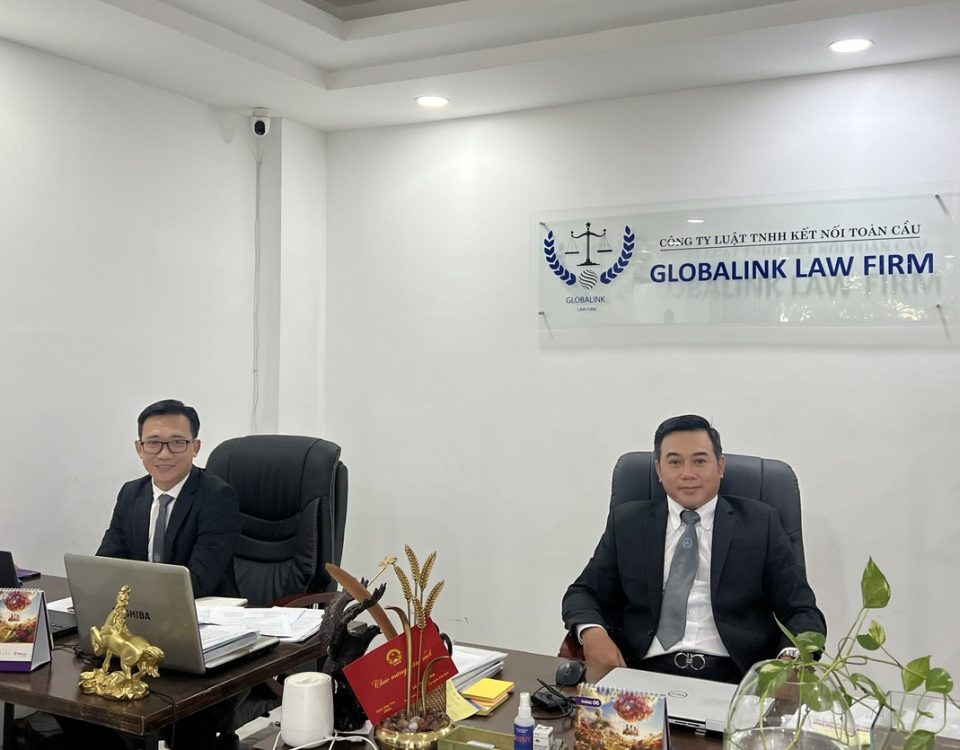- Have a question?
- +84 908 173 988
- tienvu.globalinklaw@gmail.com
Five Steps for Legal Review of Commercial Contracts

Identifying Contract Type and Applicable Legal Regulations
Determine the type of contract to apply appropriate laws, such as:
- Civil Code 2015
- Commercial Law 2005
- Relevant specialized legal provisions.
Verifying the Competence of the Contractual Parties
- For individuals: The individual signing the contract must have full legal capacity and civil act capacity according to regulations.
- For organizations:
- Verify legal entity status (business license, seal, etc.).
- Check the authority of the legal representative/authorized representative signing the contract (title, power of attorney, signing authority, etc.).
- Authenticate signatures and seals on the contract.
- Verify licenses for business operations in specific fields (e.g., transport, finance, accounting, law, banking).
Reviewing Contract Content
- Contract subject: Clearly and thoroughly describe the subject (goods, products, services, quality, warranty, exemption ratios, etc.); ensure compliance with laws or prohibitions.
- Pricing and payment: Agree on appropriate, clear pricing (fixed or variable); verify payment methods, deadlines, and conditions.
- Contract duration: Check the duration, effective date, and conditions for renewal or extension.
- Rights and obligations of parties: Ensure full performance of obligations to avoid breach of contract.
- Transportation: Specify modes of transportation, each party’s costs, risk transfer timeline, and procedures for inspection and complaints.
- Penalties and damages: These clauses must comply with Commercial Law (maximum penalty rate of 8% of the breached obligation’s value) and include a duty to notify parties about the violation.
- Contract termination/cancellation: Examine regulations on conditions and circumstances for termination/cancellation, legal consequences, and liabilities of the parties.
- Force majeure/hardship: Clearly define events of force majeure or hardship that exempt obligations and outline necessary risk mitigation measures.
- Additional clauses: Review supplemental clauses protecting parties’ rights (e.g., guarantees, goods warranties, cargo insurance, information confidentiality).
Dispute Resolution
Specify clearly whether disputes will be resolved through commercial arbitration or court, including key clauses referencing arbitration rules of the arbitration center, location, applicable law, etc.
Reviewing and Retaining Related Documents
Review and retain documents accompanying the contract:
- Business licenses, conditional permits, practice licenses.
- Purchase orders, principle agreements, delivery records, proof of property origins.
Contract Format
Determine the appropriate contract format: written, notarized, or other legal forms.
Important Notes:
During the signing and execution of the contract, it is essential to:
- Retain the contract and related documents as evidence in case of disputes.
- Preserve signatures, handwritten notes, and confirmations exchanged between the parties via email or written documents.
GLOBALINK LAW FIRM
📞 Hotline: 0908 173 988 – Tien Vu LLM, Globalink Law Firm
📧 Email: tienvu.globalinklaw@gmail.com



